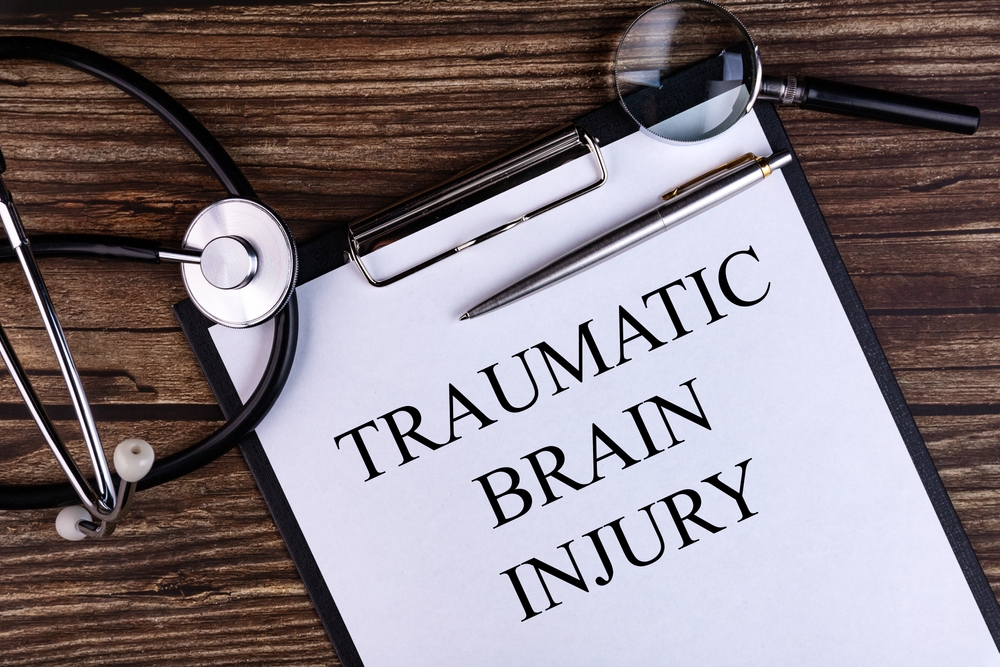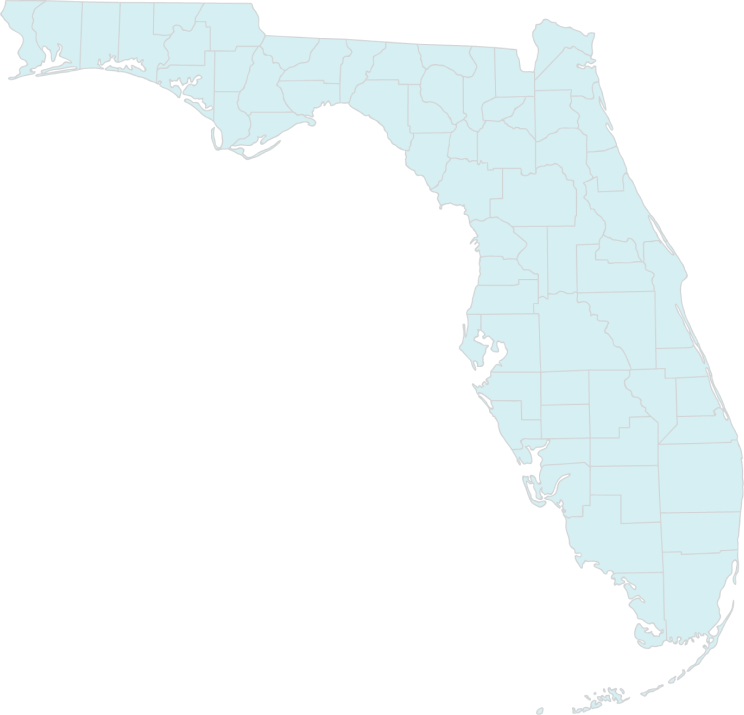
A car crash, a fall, or even a sudden blow to the head can change life in an instant. For many accident victims, the true impact of a traumatic brain injury (TBI) does not end when the initial wound heals. Instead, it lingers… sometimes for months, years, or even a lifetime.
At The Nurse Lawyer, P.A., we’ve seen how overwhelming it can be for individuals and families coping with the aftermath of a brain injury. Medical recovery is only part of the journey. The long-term effects of a TBI can affect your health, your ability to work, your relationships, and your financial stability.
This article will walk you through the most common long-term consequences of brain injuries, how Florida law approaches compensation for these types of injuries, and what steps you should consider if you or a loved one is living with the effects of a TBI.
What Makes a Brain Injury “Traumatic”?
A traumatic brain injury occurs when the brain suffers damage due to an external force, such as:
- A motor vehicle accident (car, truck, motorcycle, or rideshare crash).
- A slip and fall accident, often on unsafe property.
- A workplace injury, especially in construction or industrial settings.
- Assaults or other intentional acts of violence.
These types of accidents are unfortunately common in Florida, from congested Tampa Bay highways to unsafe walkways in Palm Harbor shopping centers.
Even what seems like a “mild” concussion can have lasting consequences. And in more catastrophic cases, damage can be permanent.
The Long-Term Physical and Cognitive Effects
While every injury is unique, many Florida accident victims experience lasting challenges after a TBI. These may include:
- Cognitive difficulties: trouble concentrating, memory loss, slowed thinking.
- Physical symptoms: chronic headaches, seizures, dizziness, fatigue.
- Sensory issues: blurred vision, ringing in the ears, sensitivity to light or sound.
- Emotional and behavioral changes: depression, irritability, mood swings, personality changes.
- Loss of independence: difficulty driving, working, or caring for oneself.
These symptoms may develop slowly and worsen over time, making it hard for victims to realize how serious the damage is until months later.
The Financial Impact of a TBI
Beyond the health challenges, a brain injury often brings overwhelming financial strain. Long-term costs may include:
- Ongoing hospital visits and rehabilitation.
- Medications and specialized therapies.
- Assistive devices or home modifications.
- Lost income and reduced earning capacity.
- The emotional toll on family members who provide daily care.
Because the financial strain can last a lifetime, Florida law allows victims to pursue compensation that accounts for both immediate and future needs.
How Florida Law Handles TBI Claims
Under Florida personal injury law, accident victims may recover compensation when someone else’s negligence causes their brain injury. This could involve:
- Premises liability claims (unsafe property conditions leading to a fall).
- Motor vehicle accident claims (against at-fault drivers or trucking companies).
- Products liability cases (defective helmets, airbags, or safety equipment).
Florida courts consider not only the victim’s current medical bills but also their future needs. That means damages can include projected rehabilitation costs, lost earning potential, and lifelong care expenses.
Insurance companies, however, often fight these claims. Adjusters may argue that your symptoms existed before the accident, or they may downplay the severity of your injury. That’s why having both medical knowledge and legal experience on your side is critical.
Challenges in Proving the Long-Term Impact of a TBI
One of the hardest parts of a brain injury case is showing how the effects will last into the future. Insurance companies may argue that your symptoms are temporary or unrelated to the accident. In reality, the long-term consequences of a TBI often don’t fully appear until months or years later. Proving this requires strong medical evidence, testimony from specialists, and careful documentation of how the injury has changed your daily life.
The Importance of Looking Ahead: Future Care and Planning
Unlike many injuries, the effects of a TBI may never fully go away. That’s why it’s critical to think beyond today’s medical bills. Future treatment, therapy, assistive technology, and lost earning potential must all be considered in your case. Without planning for these long-term needs, victims and their families can be left struggling years down the road. Building a legal claim that accounts for these future expenses helps protect your stability and peace of mind.
What to Do if You Suspect a Long-Term TBI
If you or a loved one is dealing with ongoing effects after an accident, here are important steps to protect your health and your rights:
- Seek specialized medical care: Neurologists, neuropsychologists, and rehabilitation experts can properly assess brain injuries.
- Document your symptoms: Keep a journal of headaches, memory problems, mood changes, or other difficulties.
- Preserve evidence of the accident: Photos, witness information, and medical records are vital for building your case.
- Avoid quick settlements: Early offers often fail to account for future costs of care and lost earnings.
- Consult an attorney who understands both medicine and law: This dual perspective is invaluable in TBI cases.
Compassionate Support for Brain Injury Victims in Palm Harbor
Living with a traumatic brain injury is never easy. The road to recovery can feel uncertain, but you don’t have to face it alone. At The Nurse Lawyer, P.A., in Palm Harbor, our team combines legal advocacy with an understanding of the medical realities of brain trauma. We fight for fair compensation so that you and your family can focus on healing and moving forward.
If you or someone you love is suffering the long-term effects of a TBI after an accident in Palm Harbor, Pinellas County, or the greater Tampa Bay area, contact The Nurse Lawyer, P.A. today. Call our office or fill out our contact form for a free consultation. Let us help you protect your future while you focus on healing.
Disclaimer: This blog is for informational purposes only and does not constitute legal advice. Every case is unique, and you should consult directly with an attorney to discuss the specifics of your situation.




